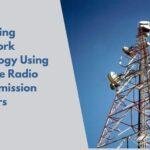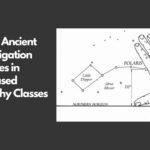It has been ascertained that Morse code education in rural elementary schools to educate children on basics not only yields very good results as an educational aid. In such contexts where the enhanced communication technology may not be easily available Morse code is an effective and historical way of sending the message which the students can master. This is especially so because Morse code is a very easy skill to master given that all that is used is points and lines.
It can be seen that the ability to comprehend the Morse translation also improves the students’ problem-solving and pattern matching abilities. The very nature of encoding and decoding involve the need to be keen and also to engage the brain thereby making positive impact on general performance in academics. It can also foster the confidence of the students as they master each activity, which is also a new and tangible skill.
In rural areas where there may be a difficulty in putting up communication infrastructure, Morse code acts as an added advantage. Importantly, being able to read this code is rather helpful and it would be wise to develop this skill at least in emergencies which seemed to be useful for students getting prepared for real life. This relevance makes a learning process more interesting and real world-based.
Moreover, Morse code can be used as a transition from one subject area, in this case, to another subject area, in general. It can nicely fit the history lessons, or technology lessons, or even art lessons where students produce their coded messages. Besides, it contributes to the enhancing of the educational process and gives students possibilities to understand the context as well as the applicability of Morse code in everyday life.










